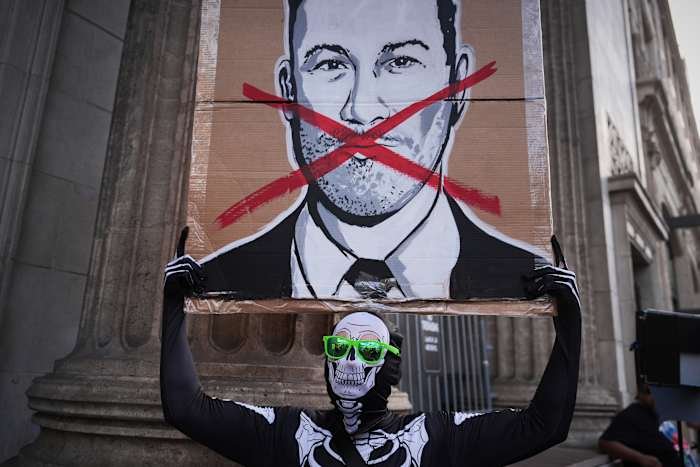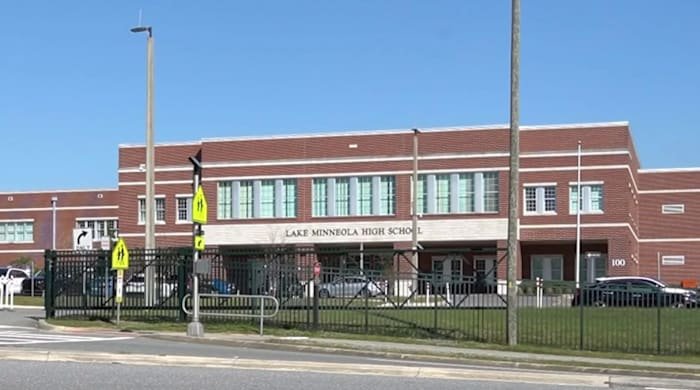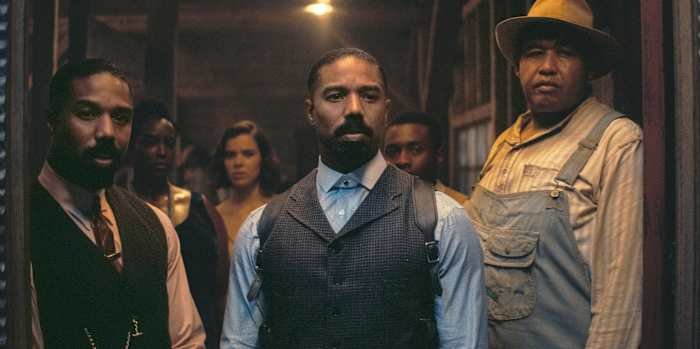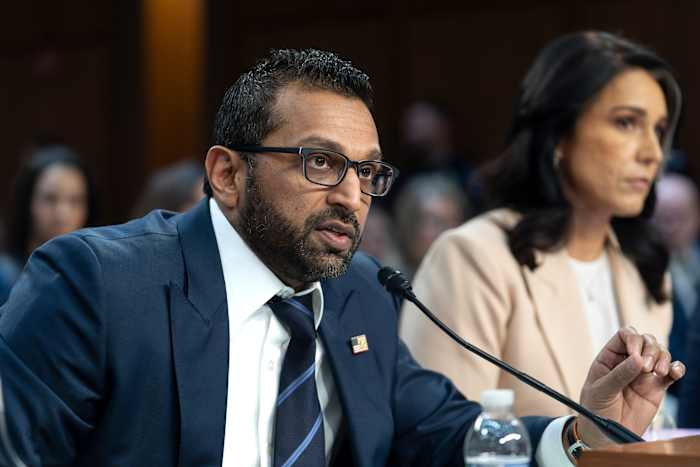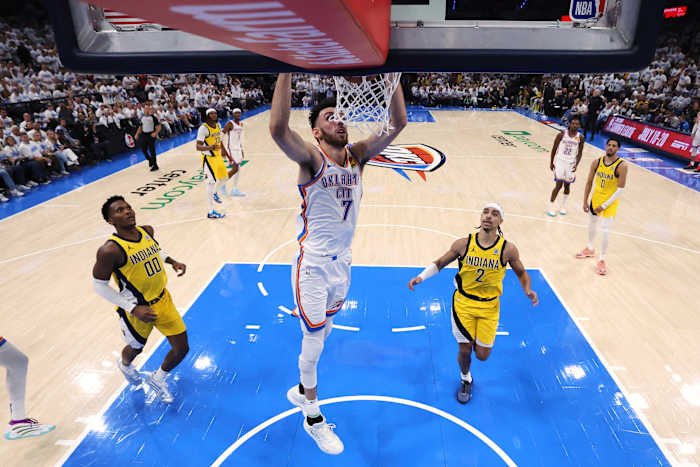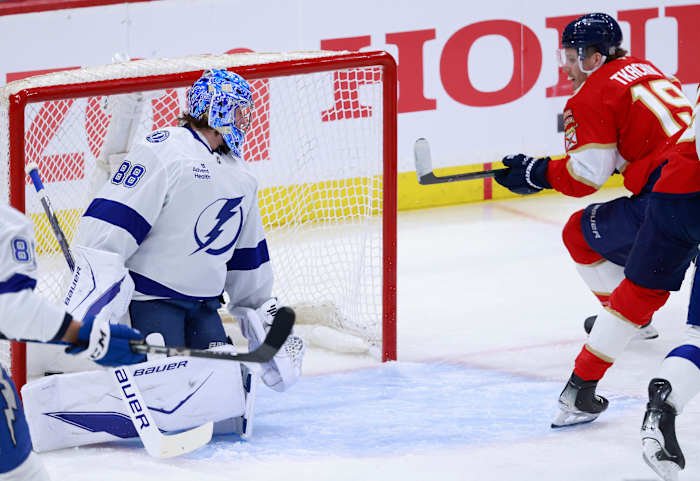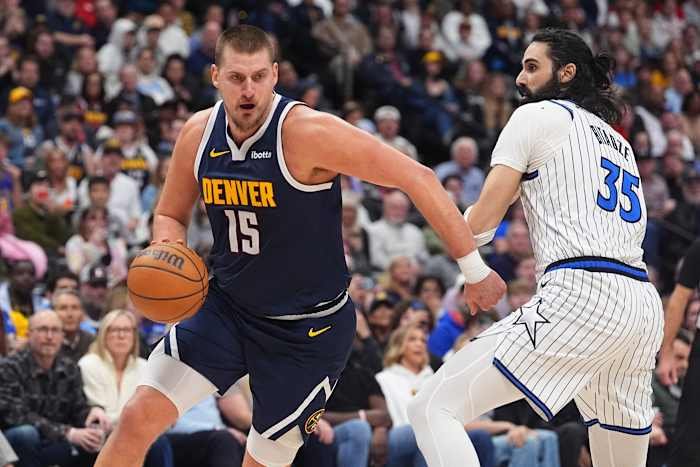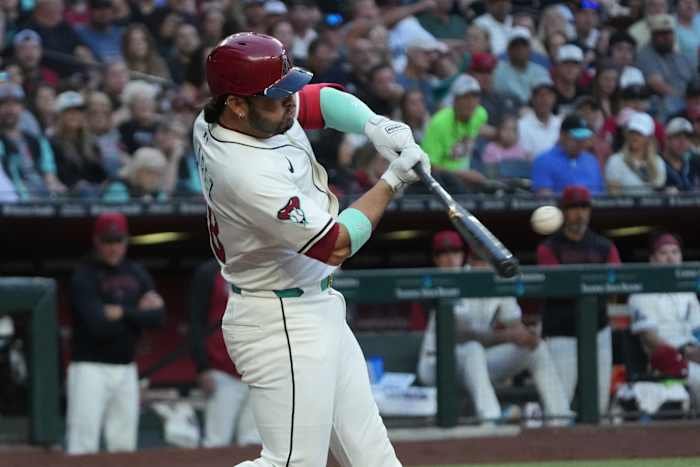In recent weeks, the conversation about free speech in America has reignited, and once again, comedians find themselves at the heart of the debate. The abrupt removal of Jimmy Kimmel from ABC—a staple of late-night television and the familiar face of the Oscars—has stunned fans and industry insiders alike. Yet, perhaps the least surprising aspect is that a comedian is once again the focal point of this ongoing struggle over what can and cannot be said in the public square.
For the Orlando community, this national conversation holds special relevance. The city’s comedy clubs, local performers, and vibrant arts scene are all shaped by broader debates about the limits of speech and the role of humor in society. As we explore how comedians have become the battleground in free speech discussions, we’ll also consider what these battles mean for Orlando’s own performers and audiences.
The Modern Comedy Landscape: Walking a Tightrope
Comedy, by its very nature, pushes boundaries. For decades, comedians have been the ones willing to say what others won’t, offering society a funhouse mirror through which we examine our values, politics, and social norms. However, in today’s world, the stakes are higher than ever. Social media amplifies every joke, leading to instant and widespread reactions—both positive and negative.
For Orlando comedians and those performing at local staples like SAK Comedy Lab or Orlando Improv, this means every set is potentially global. Jokes that might have once landed safely in a small club can now circulate online, subjecting local talent to the same scrutiny as national stars. Comedians must constantly evaluate their material, balancing artistic expression with awareness of what might spark backlash or even professional consequences.
Jimmy Kimmel’s Removal and the National Conversation
The recent decision by ABC to remove Jimmy Kimmel, one of television’s most established hosts, is a dramatic example of how quickly the landscape can shift. While the specifics of Kimmel’s removal involve a complex mix of ratings, politics, and public pressure, it underscores a growing trend: comedians are often the first to feel the heat when debates about free speech reach a boiling point.
Kimmel’s situation is not unique. From Dave Chappelle to Samantha Bee, comedians have faced calls for cancellation, public apologies, or outright removal for jokes or comments that spark controversy. These incidents raise important questions about where the line should be drawn—and who gets to draw it.
In Orlando, performers are watching closely. Some see Kimmel’s removal as a cautionary tale, emphasizing the need for self-censorship. Others worry that the chilling effect could stifle local talent, making it harder for comedians to develop their voices or tackle challenging topics.
Comedy Clubs, Free Speech, and Local Impact
Orlando’s comedy scene is thriving, with venues hosting everything from open-mic nights to nationally touring acts. These spaces have traditionally served as testing grounds for new material and bold ideas. But as the national conversation grows louder, some local club owners and bookers are re-evaluating what kind of acts they host.
“We want our stage to be a place for creativity and risk,” says one Orlando club manager, “but we also have to consider our reputation and the comfort of our audience.”
Some clubs are introducing new guidelines or encouraging performers to avoid certain topics. Others are doubling down on free expression, arguing that comedy’s power lies in its ability to challenge and provoke. For audiences, too, the experience is changing. Some appreciate a more cautious approach, while others feel something vital is lost when comedians hold back.
Orlando’s Comedy Community Responds
In response to these challenges, Orlando’s comedy community is finding creative ways to keep the spirit of free speech alive. Workshops and forums are springing up, giving comedians a chance to discuss the risks and responsibilities of their craft. Local podcasts and radio shows are dedicating airtime to the issue, and online forums buzz with debate about the future of comedy in a rapidly changing world.
Some comedians are using their platforms to call for greater tolerance of edgy material, arguing that comedy has always been a vehicle for social commentary. Others are urging sensitivity, pointing out that words can hurt and that comedians must be mindful of their impact.
For audiences, this means a richer, more complex comedy scene—one where the boundaries of taste, decency, and free speech are constantly in flux. Whether you’re a fan of improv, stand-up, or sketch, the conversation is happening right here in Orlando, reflecting both national trends and local values.
Looking Ahead: What’s Next for Comedy and Free Speech?
As the dust settles from the latest high-profile controversy, Orlando’s comedians and venues are left with difficult choices. Some may play it safe, steering clear of controversial topics. Others will continue to push the envelope, trusting their instincts and the resilience of their audiences.
What is clear is that the battle over free speech in comedy is far from over. With each new incident, the conversation evolves, shaped by changing social attitudes, technological advances, and the unique perspectives of those who call Orlando home.
Conclusion
The removal of Jimmy Kimmel from ABC is just the latest chapter in a long-running debate about comedy and free speech. Here in Orlando, the effects are felt in every joke told on stage and every conversation about the role of humor in society. As our city’s comedians and audiences navigate this new landscape, one thing is certain—comedy will

